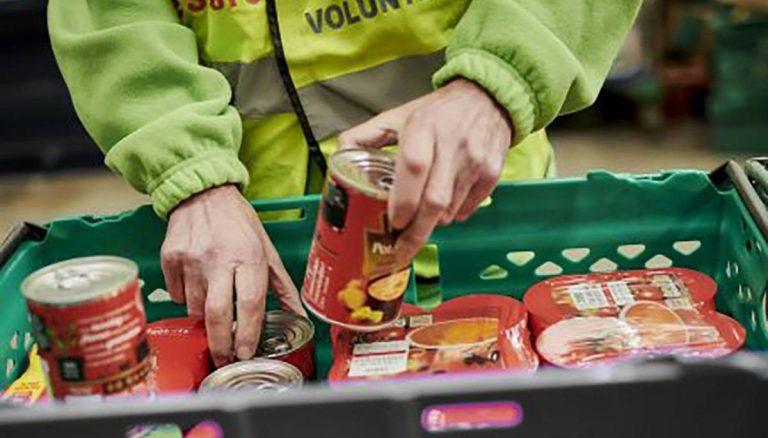New coalition to invest $2.5Bn in start-ups pioneering food insecurity and nutrition solutions in the US

At least $2.5 billion is to be injected into start-ups which are addressing American food insecurity and improve nutrition through the new Food, Nutrition and Health Investor Coalition (FNHIC).
The sum will be raised by the coalition through private investments over the next three years. It will support businesses and scale technologies that will improve the American population’s access to affordable, nutritious and healthy produce.
The FNHIC includes agtech, foodtech, nutrition, healthcare, biotech, pharma and generalist firms. Innovators and executives will be part of the coalition to support innovation.
Global issues like the COVID-19 pandemic and the ongoing Russia-Ukraine war have made healthy food more difficult to access in the States, with supply shocks drastically increasing food prices.
More than 20 investor partners have joined the FNHIC to build this $2.5Bn investment. The founding participants include venture capital firm S2G Ventures, non-profit Food Systems for the Future, PowerPlant Partners, Rethink Food, Synthesis Capital, Tyson Ventures, L Catterton and others.
It is hoped the size of the investment could continue to grow as more capital providers get involved in the years to come.
Sanjeev Krishnan, S2G Ventures Managing Director and Chief Investment Officer said: “Poor nutrition accounts for more than $50 billion in U.S. health care costs each year. There is tremendous opportunity for the food system to help drive down costs, improve patient lives, and complement existing healthcare systems – essentially forming a bridge between disease care and health care.
“If we are going to successfully and expeditiously close the large gap between nutrition and healthcare, however, we must have as many stakeholders at the table as possible, which is why we are so excited to join Food Systems for the Future and other founding partners to launch the Food, Nutrition, and Health Investor Coalition.”
Recent studies have shown food insecure individuals are at greater risk of developing addiction to high-processed foods. These foods tend to be cheaper than fresh fruits, vegetables and lean proteins, and therefore more highly consumed.
People who are food-insecure are also more likely to suffer from diet-related ailments such as heart disease, diabetes and other health conditions than those living in food-secure households, says the FNHIC. It also estimates that food insecurity costs the US healthcare system around $53 billion every year.
The coalition hopes its call to action will help facilitate better communication between the public and private sectors when it comes to food, hunger and health innovation.
The $2.5 billion investment is a part of the larger $8 billion sum of private sector funding to be used to tackle widespread hunger in the country, which was announced during US President Joe Biden’s White House Conference on Hunger, Nutrition, and Health this week.
Ertharin Cousin, Food Systems for the Future Founder, said: “Along with S2G and the other Food, Nutrition, and Health Investor Coalition founding partners, I am thrilled to see the bold capital investments either already made or planned.
“Our partners recognise it is possible to deliver market rate financial return and make a sustainable nutrition impact and we hope this catalyses more corporations, asset managers, and asset owners to join this effort.”
Learn more about the challenges America faces as it tries to tackle food inequality and lack of access to healthy food in this Food Matters Live podcast episode:








